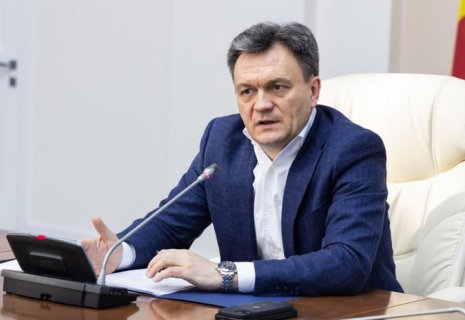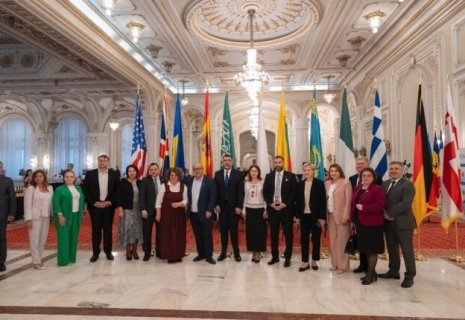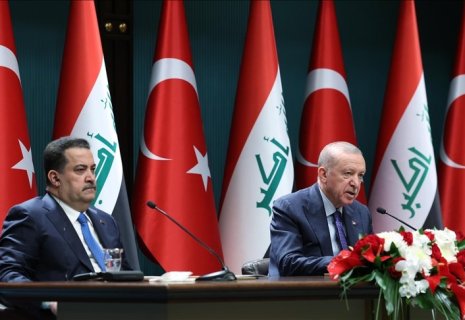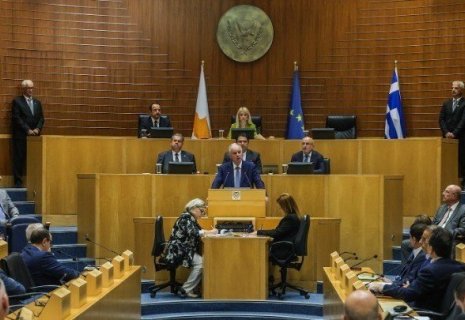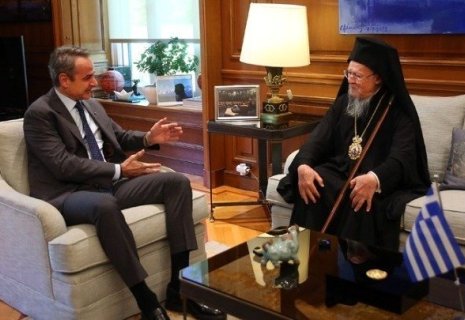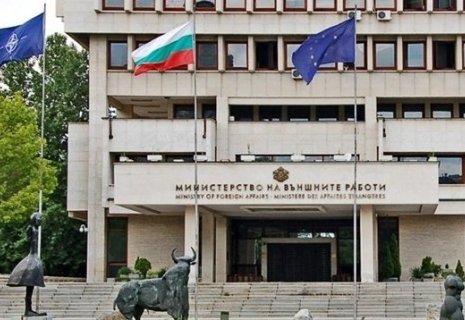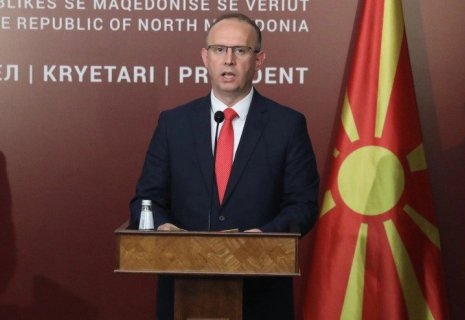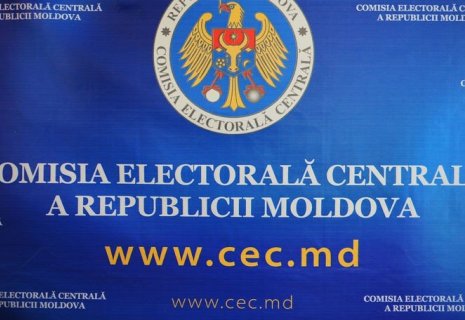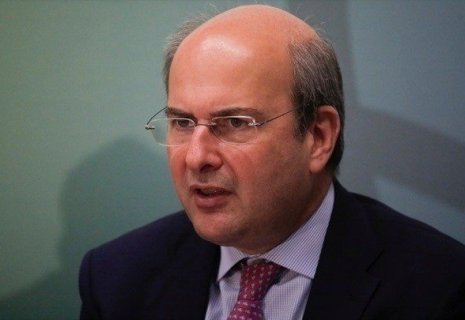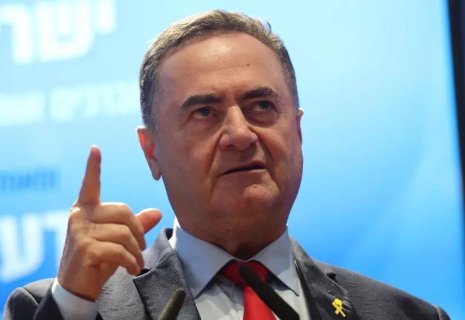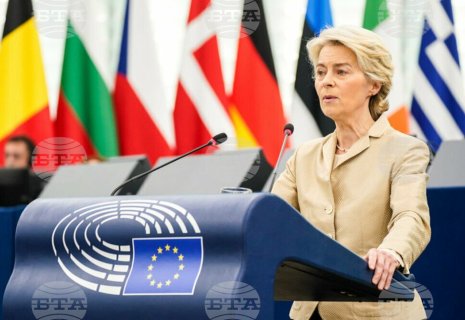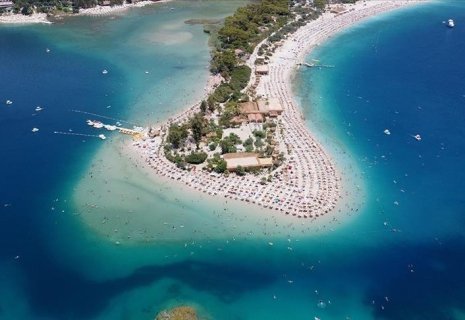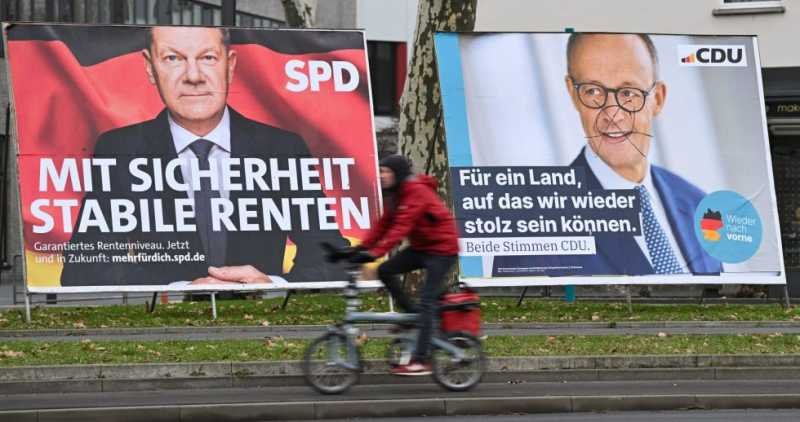
Germany Prepares for Change Amid Economic Struggles and Political Shifts
Germany, Europe's largest economy, faces critical challenges as it heads toward parliamentary elections on February 23. Political uncertainty and economic woes dominate the nation's agenda, while European issues take a backseat during intense campaigning.
The collapse of Chancellor Olaf Scholz's coalition in November highlighted deep divides over economic recovery strategies. Official data reveals Germany's economy contracted for a second consecutive year in 2024, shrinking by 0.2% after a 0.3% decline in 2023. Once Europe's powerhouse, Germany now lags behind its neighbors, with the Eurozone economy growing by 0.8% last year, CE Report quotes Agerpres
Polling suggests a potential conservative CDU/CSU-led government, as Friedrich Merz emerges as a leading candidate for chancellor. His policies promise significant shifts, including a tougher stance on migration, support for increased military spending, and a pragmatic approach to energy policy. However, his skepticism toward Germany's green energy transition has sparked concerns among environmentalists.
Merz has emphasized Germany's need to take on a leadership role in Europe, advocating for the Mercosur trade agreement and stronger EU cooperation on military procurement. He also supports enhanced aid for Ukraine and tighter migration rules, aligning with initiatives by Italy and the Netherlands.
The stakes are high. Germany's next government will inherit a complex to-do list, from reviving the economy and addressing energy costs to reducing fossil fuel dependency. European partners, like Sweden, are watching closely, particularly regarding energy policy and fiscal cooperation.
As Germany prepares for a potential political shift, the outcome will have far-reaching implications for the country and Europe as a whole.

